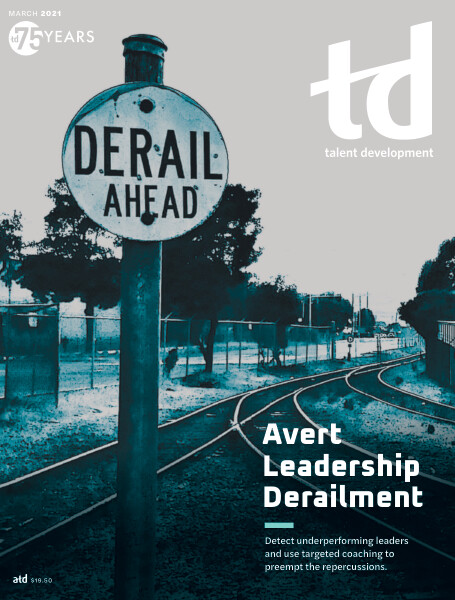TD Magazine Article
Member Benefit
Paradox Mindset
By its very definition, the word paradox suggests contradiction. So, what does it mean to have a paradox mindset?
Mon Mar 01 2021
By its very definition, the word paradox suggests contradiction. So, what does it mean to have a paradox mindset? Further, what benefits can talent development professionals possibly yield from adopting a contradictory form of thinking?
In the BBC Worklife article "Why the ‘Paradox Mindset' Is the Key to Success," authors Loizos Heracleous and David Robson posit that those who embrace a paradox mindset—the ability to simultaneously entertain conflicting or contradictory thoughts—can achieve increased leadership skills such as creativity, efficiency, and flexibility.
The authors note that having a paradox mindset "can break down our assumptions," enabling individuals to tackle problems from a less myopic point of view. The concept is not new, and some of the greatest minds in history have used it. For example, Heracleous and Robson cite the genesis of Einstein's theory of relativity—how something can simultaneously be still and moving—as an outcome of a paradox mindset.
They also cite research that suggests that when leaders adopt a paradox mindset, they foster innovation among teams. Further, a person's ability to embrace contradictory viewpoints may indicate how well they can cope with challenges and constraints.

